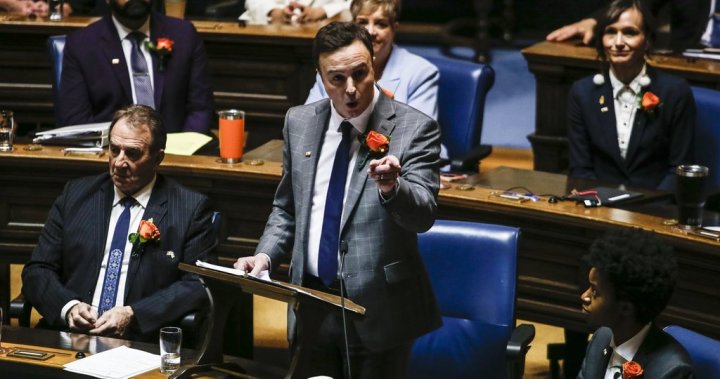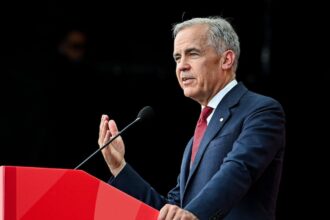As winter settles across Manitoba, homeowners are feeling an unexpected chill in their finances. The provincial NDP government’s promised property tax education credit—a cornerstone pledge during last year’s election campaign—has yet to materialize in mailboxes across the province, leaving many residents questioning when relief will arrive.
“We were counting on that money for our holiday budget,” says Winnipeg homeowner Janet McKenzie, who anticipated receiving the credit before year’s end. “Every month that passes makes financial planning more difficult, especially during these inflationary times.”
The education property tax credit, which was increased by 25 percent this year to provide additional financial relief to property owners, represents approximately $375 for the average Manitoba homeowner. The delay has created a growing sense of frustration among taxpayers, particularly those on fixed incomes who carefully plan their annual expenses.
Finance Minister Adrien Sala acknowledged the delay during a recent press conference, attributing the holdup to “administrative challenges” following the transition to a new government. “We’re working diligently to process these credits as efficiently as possible,” Sala explained. “We understand the importance of this rebate to Manitoba families and are committed to delivering on our promise.”
Opposition critics have seized upon the delay as evidence of administrative disorganization within the new government. Progressive Conservative finance critic Obby Khan described the situation as “concerning but not surprising,” suggesting the NDP government was unprepared for the logistics of implementing their campaign promises.
Provincial officials maintain that homeowners will receive their credits before the end of the fiscal year in March, though specific timelines remain unclear. For seniors like Reginald Thompson of Brandon, the explanation offers little comfort. “When you’re living on a pension, every dollar counts,” Thompson remarks. “The government needs to understand these aren’t just numbers on a spreadsheet—these are funds families depend on.”
Economic analysts from the University of Manitoba suggest the delay may have broader implications for consumer spending during a critical economic period. “When households anticipate tax credits or rebates that don’t arrive as expected, it can dampen spending in other sectors of the economy,” explains Dr. Helena Ruiz, professor of economics.
The Manitoba Real Estate Association has also expressed concern about the potential impact on housing affordability. “Property tax relief is an important factor in overall housing affordability,” says Association President Martin Chen. “Predictability in these credits helps homeowners budget effectively.”
Premier Wab Kinew’s office has reiterated the government’s commitment to fulfilling all campaign promises, including property tax relief, but has requested patience from residents as systems are updated to accommodate the changes implemented by the new administration.
For community advocates like Teresa White, director of the Manitoba Homeowners Coalition, the situation highlights a disconnect between political promises and implementation. “Campaigns are full of commitments, but the true test of government effectiveness is in the delivery,” White observes. “Many families were counting on these funds before the holiday season.”
As Manitoba residents continue to watch their mailboxes, the question remains: how will this delay affect public confidence in the new government’s ability to deliver on its other economic promises? With affordability continuing to dominate political discourse across Canada, the timing of tax relief has never been more significant for the average homeowner.
















